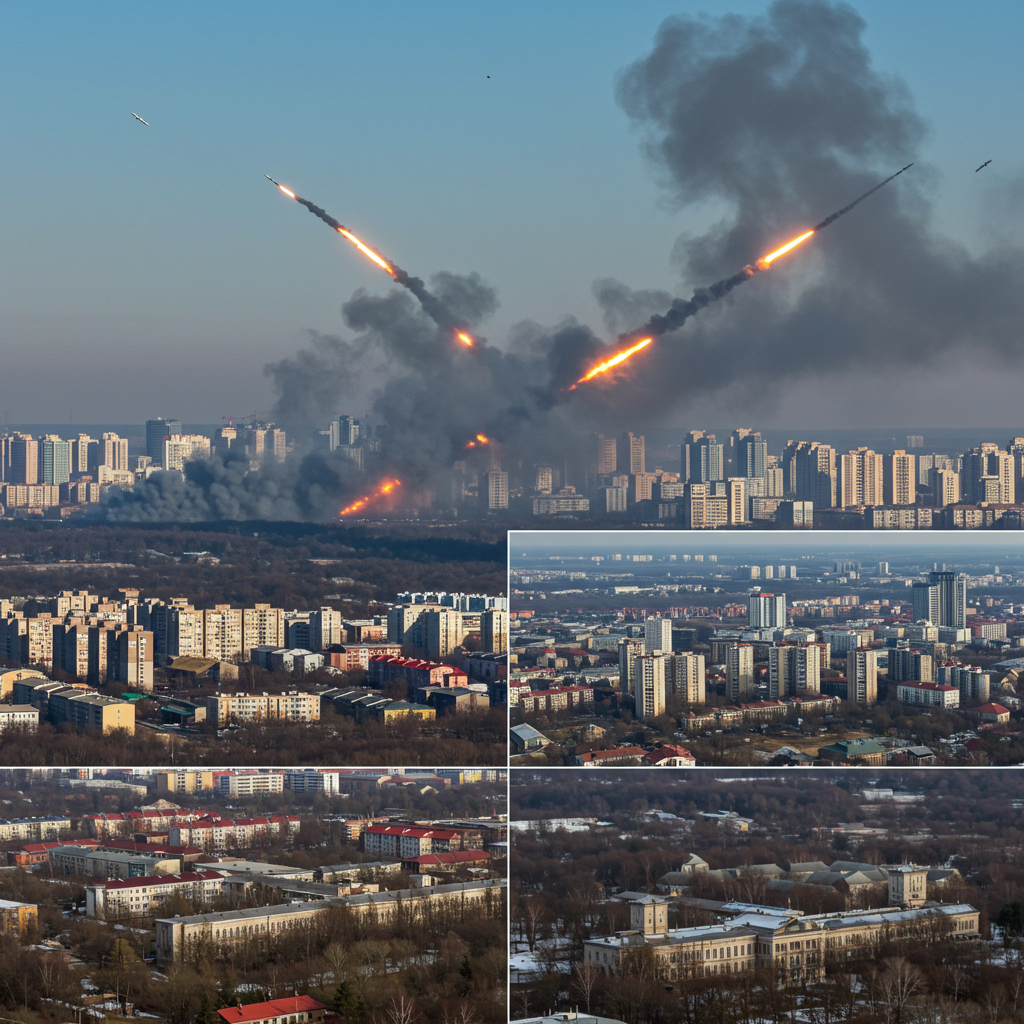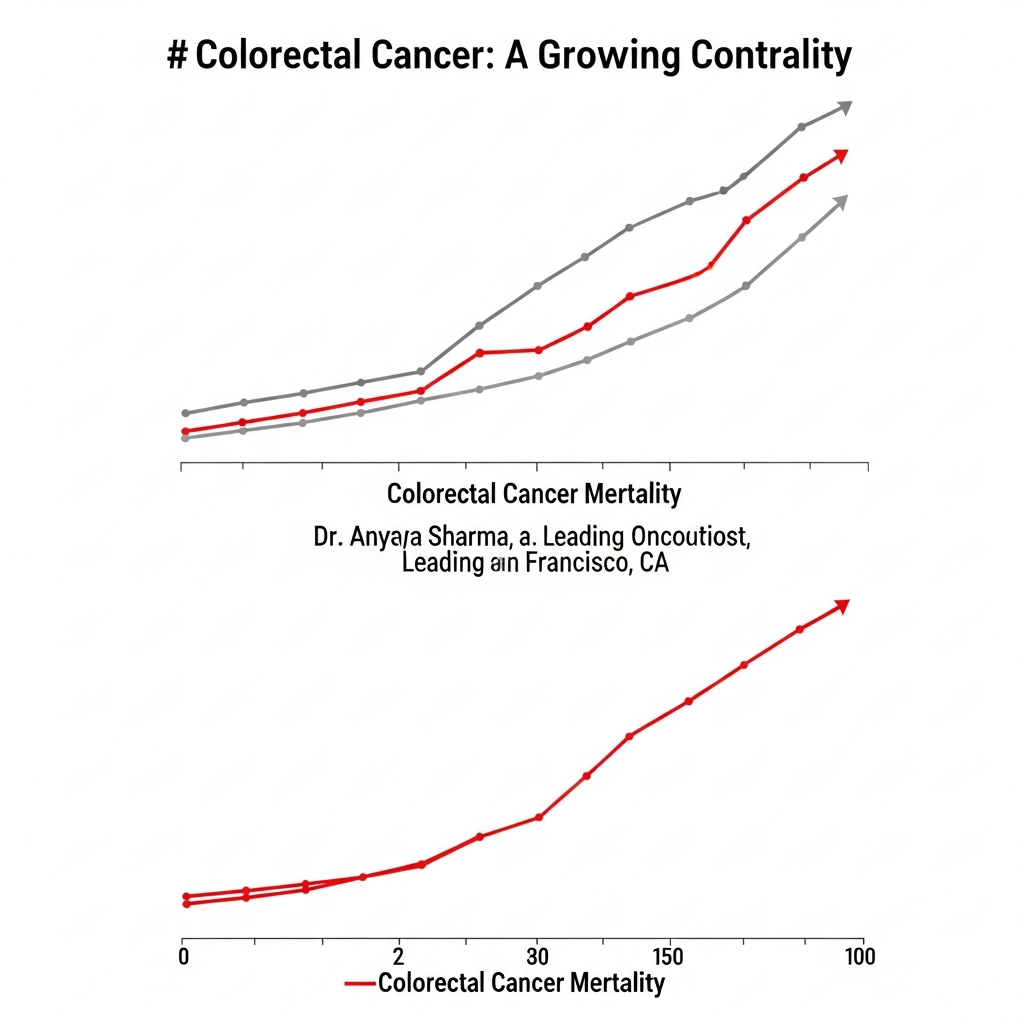ukraine faced one of the most intense aerial barrages of the conflict on July 4, 2025, as Russia unleashed a record number of drones and missiles. This devastating assault unfolded amidst significant diplomatic activity involving US president Donald Trump, including disappointing talks with Russia’s Vladimir Putin and a subsequent call with Ukraine’s Volodymyr Zelenskyy focused on boosting air defenses. The widespread strikes across Ukrainian cities, particularly Kyiv, underscored the war’s brutal reality and renewed urgent calls for international support, even as a US pause on some military aid shipments drew sharp concern. Critical infrastructure, including the Zaporizhzhia nuclear plant, also suffered direct impacts, raising grave safety alarms.
Record-Breaking russian Aerial Assault Rocks Ukraine
The scale of the Russian attack on July 4 was unprecedented. According to Ukraine’s Air Force, Russia launched a staggering 550 aerial munitions in a single barrage. This included 539 drones, many reportedly of the Shahed type, and 11 missiles, which included both ballistic and potentially hypersonic weapons like the Kinzhal.
Ukrainian air defenses fought for over eight hours, particularly around Kyiv. They reported intercepting 268 drones and two of the incoming missiles. Despite these efforts, a significant number of projectiles reached their targets, causing widespread destruction. Officials noted particular concern that none of the ballistic missiles fired were confirmed as intercepted, highlighting a critical gap in Ukraine’s defensive capabilities against faster, higher-flying threats.
Devastation Across Kyiv and Beyond
The capital city of Kyiv bore the brunt of the assault. Strikes impacted numerous areas across at least six districts, including the north and west. Private homes were damaged, alongside industrial facilities. The city also saw hits on vital infrastructure like a school, a medical center (which reportedly caught fire), and transport networks.
Reports from a correspondent on the ground described waking to loud impacts shortly after midnight, with the attack continuing for several hours. Residents were warned not to open windows due to a strong chemical smell in the air, pointing to potential hazardous fallout. The consular section of the Polish Embassy in Kyiv also sustained damage. City officials reported casualties, with at least 14 people injured and one death noted elsewhere in reports.
Diplomatic Tension Coincides with Heightened Attacks
The timing of this massive attack immediately followed diplomatic exchanges at the highest level. Hours before the missiles and drones rained down, US President Donald Trump held a phone call with Russian President Vladimir Putin. Trump later characterized this conversation as “disappointing.” He told reporters he felt there was “no progress at all” and expressed pessimism that Putin intended to “stop” the war in Ukraine.
In stark contrast, the Kremlin’s account described the Trump-Putin call as “frank and constructive.” However, Moscow’s statement also reiterated Russia’s unwavering intention to pursue its goals in Ukraine, effectively contradicting any notion of an imminent halt to hostilities.
Following the intense attack, President Trump spoke with Ukrainian President Volodymyr Zelenskyy later the same day. Zelenskyy reported they discussed the current situation, including the massive Russian airstrikes and broader frontline developments. A key focus was “opportunities in air defense.” Zelenskyy stated that Ukraine and the US would “work together to strengthen the protection of our skies.” He expressed Ukraine’s readiness for direct projects and potential “joint production” of drones and related technologies, deeming this “critically important” for security.
Ukrainian officials described the Trump-Zelenskyy call as “meaningful” and “important.” Ukraine’s Foreign Minister suggested the timing of Russia’s record attack, immediately after the Trump-Putin call, was deliberate. He argued it was intended to demonstrate Putin’s “complete disregard” for the United States and any international calls for peace.
Uncertainty Over Critical US Military Aid
The massive Russian assault occurred amidst growing concern regarding the continuity of US military assistance. A recent announcement indicated a pause in some US arms shipments to Ukraine. These reportedly included critical air defense systems like Patriots and precision-guided artillery ammunition.
This pause reportedly surprised Kyiv, leading Ukraine to summon the acting US envoy for clarification. Ukrainian officials warned that delays in receiving vital weapons could significantly weaken their defenses against escalating Russian attacks. While some US officials cited low domestic stockpiles as a reason for the pause, reports from other sources, including Sky’s US partner NBC News, suggested internal assessments found the aid would not harm US readiness. This discrepancy fueled speculation and concern among some US lawmakers and analysts who suggested an “underlying agenda” to reduce or halt aid to Ukraine might be at play.
In response to this uncertainty and the urgent need for air defenses, Germany is reportedly engaging in intensive talks to procure Patriot defense systems for Ukraine. The effort involves potentially buying systems, possibly from the US, to help fill the “Patriot gap” in Ukraine’s capabilities.
Zaporizhzhia Nuclear Plant Faces Renewed Danger
The conflict’s dangers extended beyond conventional targets, impacting nuclear safety. The Zaporizhzhia Nuclear Power Plant (ZNPP), occupied by Russian forces, lost external power supply on Friday evening. This occurred after a Russian strike reportedly hit a power line crucial for the plant’s operations.
According to Rafael Mariano Grossi, the Director General of the International Atomic Energy Agency (IAEA), this was the ninth time the plant had lost off-site power during the military conflict and the first such incident since late 2023. The ZNPP was forced to rely on its emergency diesel generators to maintain essential functions. Grossi warned that this situation “underlin[ed] the extremely precarious nuclear safety situation.”
While the plant’s six reactors are shut down, they still require a constant power supply for cooling systems and other safety measures. Ukraine’s Energy Minister labeled the incident “another act of nuclear terror by the Russians.” Power was eventually restored after approximately 3.5 hours, but the incident served as a stark reminder of the ongoing risks at the occupied facility.
Allegations of Escalating Chemical Weapon Use
Adding another grave dimension to the conflict, Germany’s BND foreign intelligence agency, citing evidence collected with Dutch authorities, reported an increase in Russia’s use of chemical weapons in Ukraine. The BND specifically alleged Russia is using chloropicrin. This substance is a lung warfare agent known as “Green Cross” during World War I. It can be lethal in high concentrations, particularly in enclosed spaces.
The German intelligence agency stated that the use of chloropicrin constitutes a “more serious violation” of the Chemical Weapons Convention (CWC). Both Russia and Ukraine are signatories to the CWC, which prohibits the use of such warfare agents under all circumstances.
International Moves Amidst Continued Hostilities
Despite the relentless fighting and escalating attacks, diplomatic efforts continue. French President Emmanuel Macron and British Prime Minister Keir Starmer are scheduled to co-chair a summit on July 10. The meeting aims to discuss ongoing support for Ukraine and strategies to maintain its combat capability. As mentioned, Germany is also actively seeking ways to bolster Ukraine’s air defenses, including potentially acquiring Patriot systems.
Separately, a prisoner of war exchange took place between Russia and Ukraine on Friday. Both sides exchanged groups of servicemen. This exchange was confirmed by President Zelenskyy and the Russian Defense Ministry, with Moscow stating it was part of agreements reached during previous talks held in Istanbul.
Ukrainian President Volodymyr Zelenskyy responded forcefully to the massive aerial attack. He described the barrage as “deliberately massive and cynical” and one of the largest Ukraine has faced. Zelenskyy reiterated the urgent need for more air defense resources. He called for “large-scale pressure” on Moscow, including sanctions and economic or infrastructure blows. Zelenskyy argued that Russia’s actions prove it has “no intention of ending the war and terror” without such significant external pressure.
Analysing the Escalation
The large-scale July 4 attack, following on the heels of high-level US-Russia dialogue, suggests a deliberate Russian strategy. By conducting a record strike immediately after a call with the US President that yielded no progress, Russia may be signaling its resolve and disregard for international calls to de-escalate. Coupled with reports of paused US aid and alleged chemical weapon use, the incident paints a picture of a conflict potentially entering a new, more challenging phase for Ukraine and its Western partners. The precarious situation at the Zaporizhzhia nuclear plant further underscores the multifaceted risks posed by Russia’s continued actions.
Frequently Asked Questions
What happened in Ukraine on July 4, 2025?
On July 4, 2025, Ukraine experienced the largest single aerial attack since Russia’s full-scale invasion began. Russia launched 550 drones and missiles across the country, causing significant damage and casualties, particularly in Kyiv. The attack coincided with high-level diplomatic calls involving US President Donald Trump and raised concerns about nuclear safety and alleged chemical weapon use.
How did the US President react to the attack and interact with leaders?
US President Donald Trump spoke with Russian President Vladimir Putin before the attack, describing the call as “disappointing” with “no progress.” Following the massive barrage, Trump spoke with Ukrainian President Volodymyr Zelenskyy. Their conversation focused on strengthening Ukraine’s air defense capabilities and exploring potential joint production of defense technologies.
Why is the US pause on military aid a concern?
A recent US decision to pause shipments of some military aid, including Patriot missile systems and artillery, has caused concern in Ukraine. Ukrainian officials warned this delay could weaken their ability to defend against major Russian attacks. The rationale for the pause has been questioned by some, raising fears of a potential shift in US support, prompting allies like Germany to seek ways to fill the defense gap.



